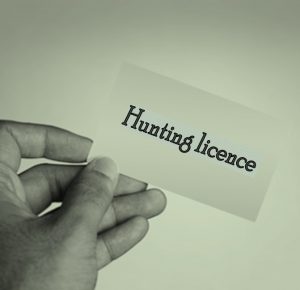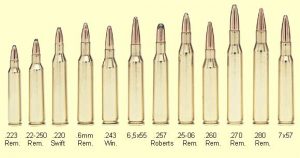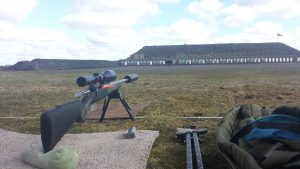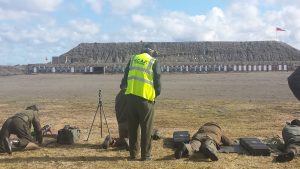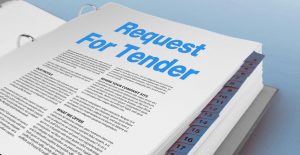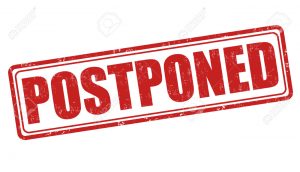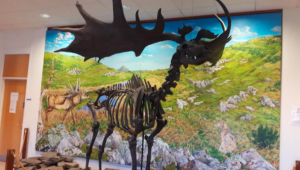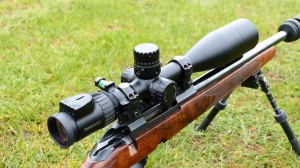
The Range Test for HCAP Candidates having successfully completed their MCQ on 10th March 2018 will take place on Saturday 24th March 2018 at the Midland National Shooting Ground, Blue Ball, Tullamore, Co. Offaly, commencing at 10.00 a.m. sharp. Candidates should be present from 9.30 a.m. in order to sign in and to exhibit their current Firearms Certificate and evidence of insurance. Candidates are listed alphabetically and will shoot in firing details of multiple shooters (minimum twenty shooters in each detail). Procedures to be followed at each Range Test are posted separately.
This list includes some Candidates who previously deferred their Range Test in 2017 but who remain eligible to participate on 24th March 2018.
The following is the list of eligible candidates:
Balukonis, Valentinas, 2018/0011
Brillant, Philippe, 2017/0057
Brown, Martin, 2017/0116
Bury, Dariusz, 2017/0196
Canavan, Hugh, 2018/0022
Carton, Pauraic, 2017/0137
Chan, Bobby, 2017/0139
Chan, Ryan, 2017/0140
Connolly, Paul, 2018/0030
Connolly, Steven, 2018/0031
Corcoran, David, 2017/0166
Czop, Bartlomiej, 2018/0037
Delaney, James, 2017/0192
Dormus, Luboslaw, 2018/0038
Fitzpatrick,Robert, 2017/0197
Gacesa, Milorad, 2018/0033
Gajdos, Martin, 2017/0193
Healy, Lorcan (Ó hÉalaighthe, Lorcán), 2018/0035
Howell, Myles, 2017/0179
Hynes, Eddie, 2017/0185
Jolondcovschi, Serghei, 2018/0001
Kadlubek, Rafal, 2018/0039
Karolak, Piotr, 2018/0040
Kearney, David, 2017/0174
Kearney, Luke, 2017/0189
Kelly, Gary, 2017/0201
Kinsella, Mark, 2018/0036
Kopyt, Zbigniew, 2018/0041
Krol, Arkadiusz, 2018/0042
Liberda, Marcin, 2018/0043
Lynch, Kevin, 2017/0124
Madrzynski, Daniel, 2018/0044
Maslach, Krzysztof, 2018/0045
McCann, Jim, 2017/0098
Meere, John, 2018/0024
McDermott, Sean, 2017/0188
Monaghan, Jason, 2018/0020
Moore, Karl, 2018/0023
Morrissey, Mark, 2018/0027
Murray, Patrick, 2017/0178
O’Brien Ralph, 2018/0004
Ochwat, Ryszard, 2018/0046
Ofiara, Robert, 2018/0047
O’Keeffe, Danny, 2018/0012
O’Keeffe, Flavian, 2017/0190
Rosoiu, Ionut Bogdan, 2018/0029
Rotaru, Ion Marius, 2018/0032
Scanlon, John, 2017/0121
Serafinski, Tommy, 2018/0002
Smith, Donal, 2018/0008
Spencer-Jones, Luke, 2017/0024
Stoffell, Barry, 2018/0009
Stuart, John, 2018/0025
Szafran, Sebastian, 2018/0048
Wach, Adrian, 2018/0049
Walsh, Peter, 2017/0199
Warren, Alan, 2017/0173
Click on link to view HCAP Deer Target
Deer Target 17.3.2018


